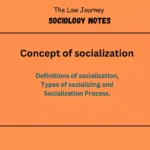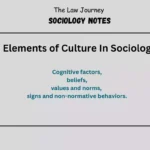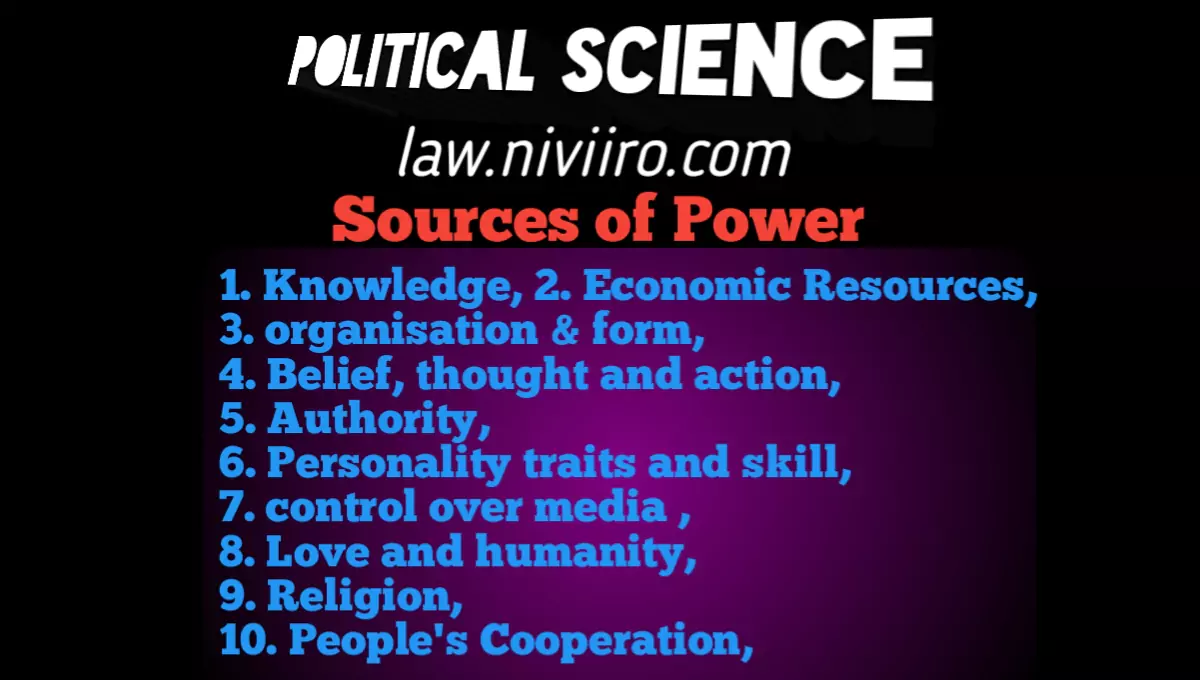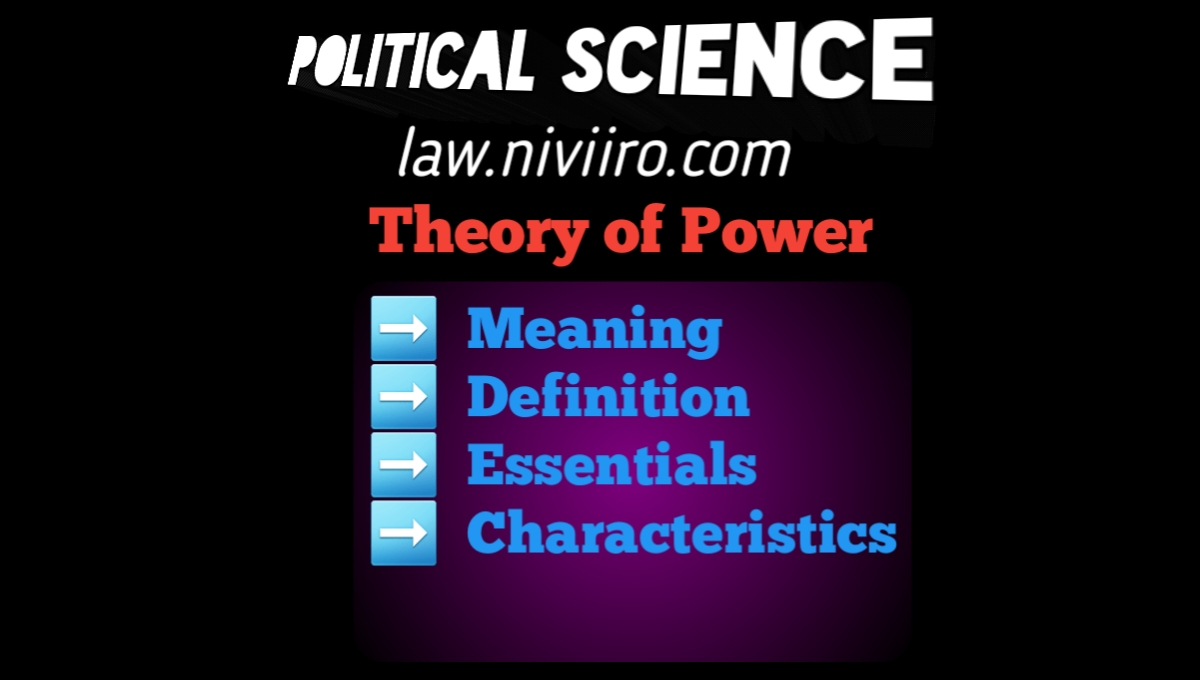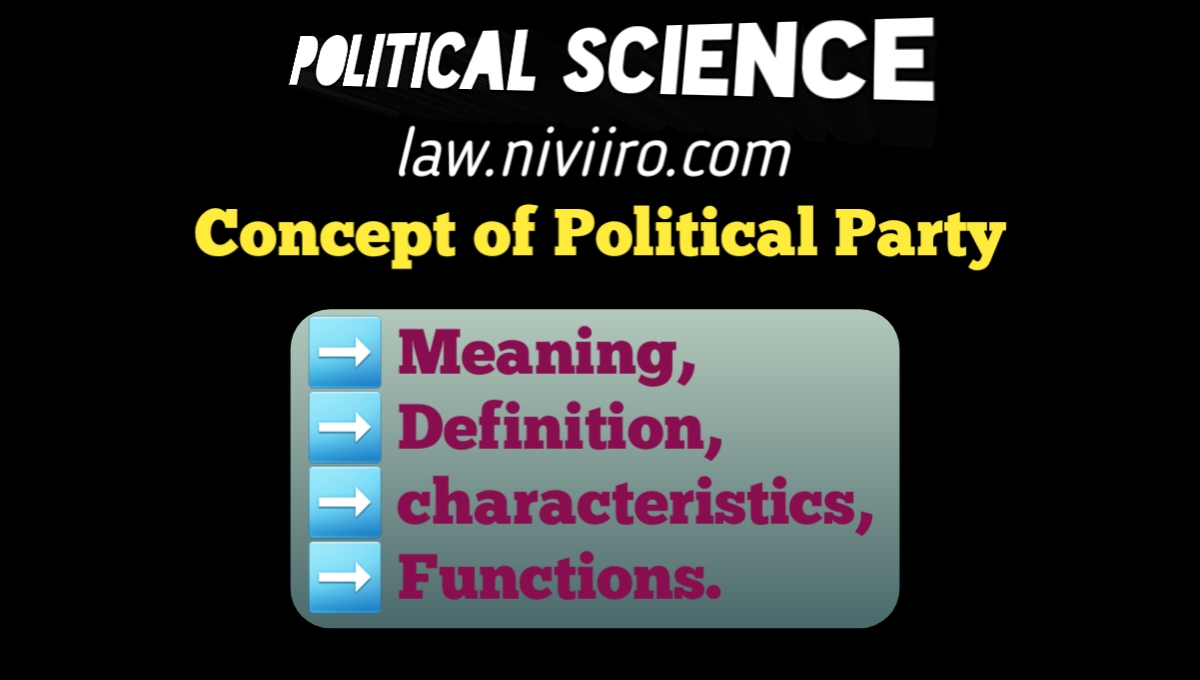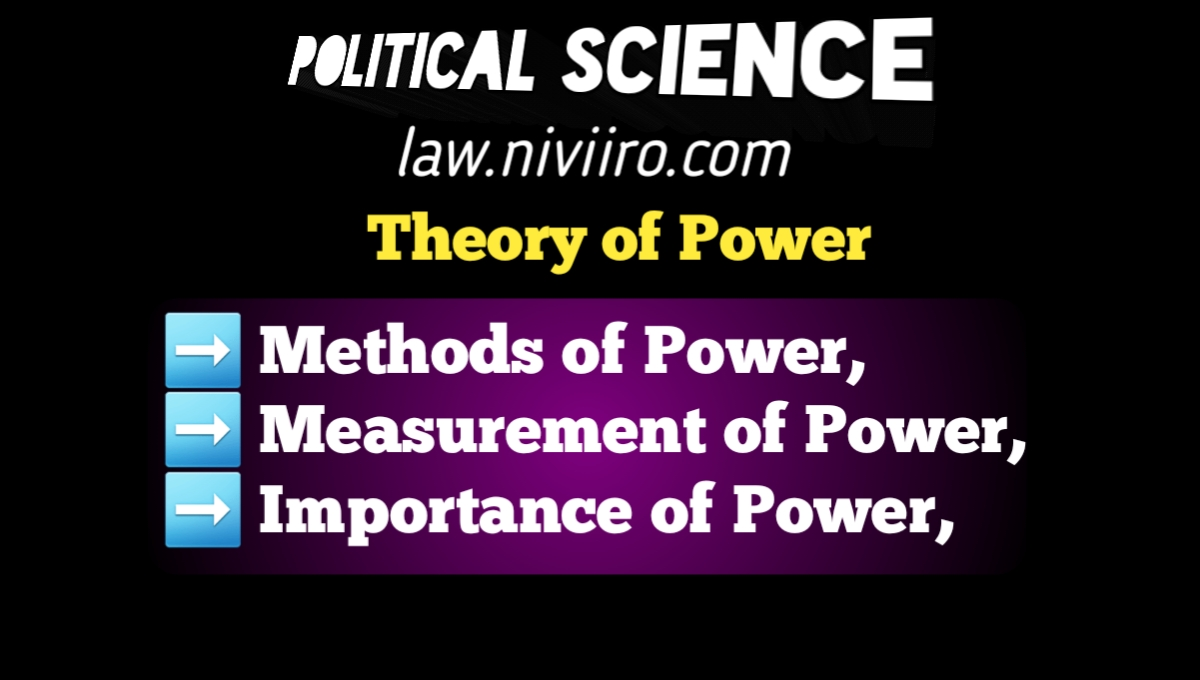
Methods of Power, Measurement and Importance – Political Science
Methods of Exercising Power Methods of exercising power are the following: 1. Persuasion – The most effective way to exercise power is through persuasion. The attempts of various delegates to persuade one another constitute the majority of the activity of international organisations. 2. Punishment – Punishment is the method of exercising power. Rewards and punishments…













